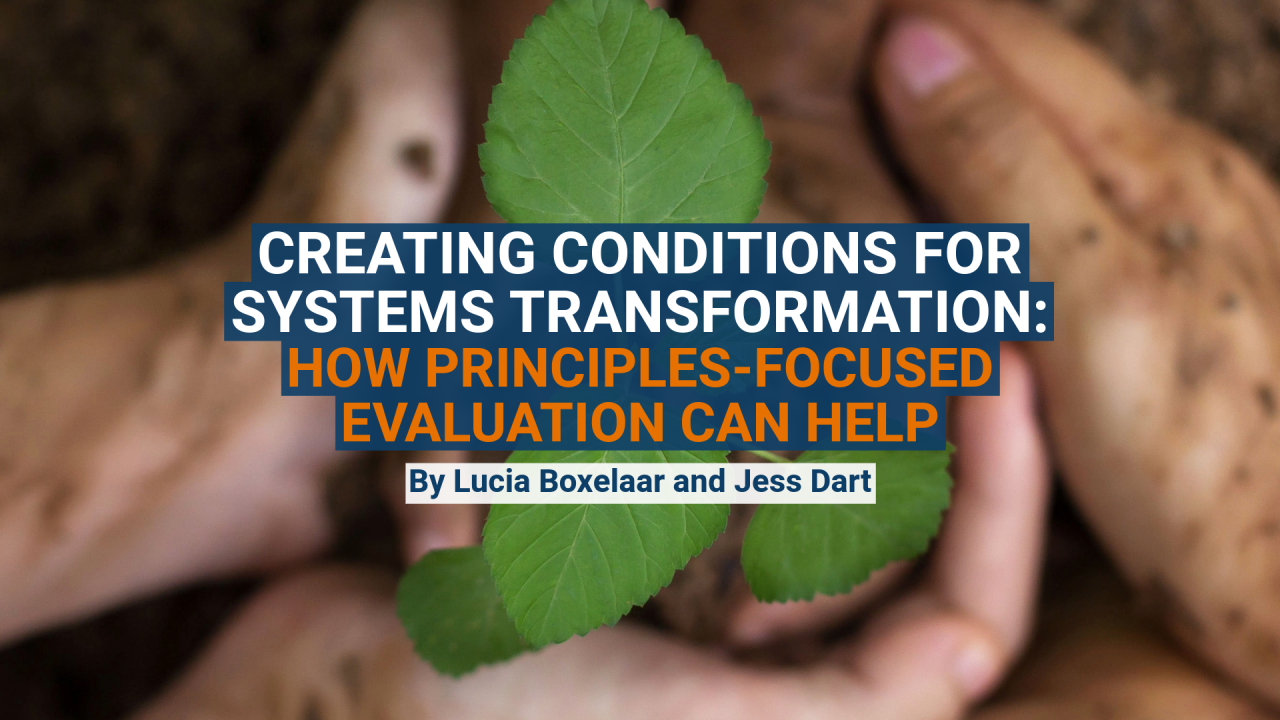Written by | Lucia Boxelaar and Jess Dart
We’re very happy to report that our recently established Systems Transformation Unit at Clear Horizon is gaining pace. We currently support several collaborations and organisations in their systems transformation work, and – not surprisingly – we’re finding that they share many of the same challenges and opportunities.
Systems transformation starts with us
Over the past few months, a recurring theme has been organisations’ realisation that—as system actors—they need to prioritise reflecting on themselves and how they show up. This internal work is key to systems transformation. After all, if we continue to position ourselves, behave and show up in the ways we’ve always done, then we will likely perpetuate the conditions that hold the current system in place.
Organisations need to partner differently, tell different stories, frame things differently, listen deeply to other voices and experiences, shift their own worldviews and practices, and share power to create conditions for systems transformation.
Focusing on measuring and learning about the extent you are upholding your principles isn’t all that is required for evaluating systems transformation, but as we are finding, its a great place to begin!
The principles-focused evaluation approach
To aid this inner transformation, we’re finding that the #principles-focused evaluation approach (PFE), developed by Michael Quinn Patton, resonates. This method is particularly relevant when evaluating complex, adaptive systems or initiatives. In PFE, principles are defined as guidelines that inform decisions and actions. Importantly, they must be memorable, enduring, credible, and evaluable.
The PFE approach holds great promise for systems transformation work. It provides important tools to explore how our thinking, values, behaviours, worldviews, and ways of working interact with system behaviour and the outcomes we hope to achieve. The approach allows for flexibility and adaptability in evaluation, making it well-suited for dynamic environments where conditions and needs evolve continuously.
The PFE approach helps to structure internal learning and adaptation process. It involves agreeing to a set of principles, determining what success looks like for each principle, creating measures or maturity rubrics, monitoring alignment with these principles, and then reflecting, learning and adapting.
Importantly, the principles can be shaped by people with lived experience. This helps bring their voices into the centre of organisations and collaborations, which improves accountability and relevance to people with lived experience.
Principles can also be informed by what we believe is necessary to shift systems, such as changes in purpose, resourcing, power, relationships, and worldviews.
Once the principles are agreed on, organisations can involve community members, people with lived experience, staff, and others in defining success and creating rubrics for each principle. Tracking how well you are upholding your principles, and what you are learning can be included into an organisation’s measurement framework.
Reflection and learning based on data about the extent to which we are upholding the principles can be integrated into learning and strategy cycles, helping organisations better chart their course in the complex and messy journey of systems transformation.
✨ Register your interest now: Our brand-new systems transformation course is launching soon, and we invite you to register your interest to join our upcoming pilot class, run by Jess Dart and Anna Powell.






